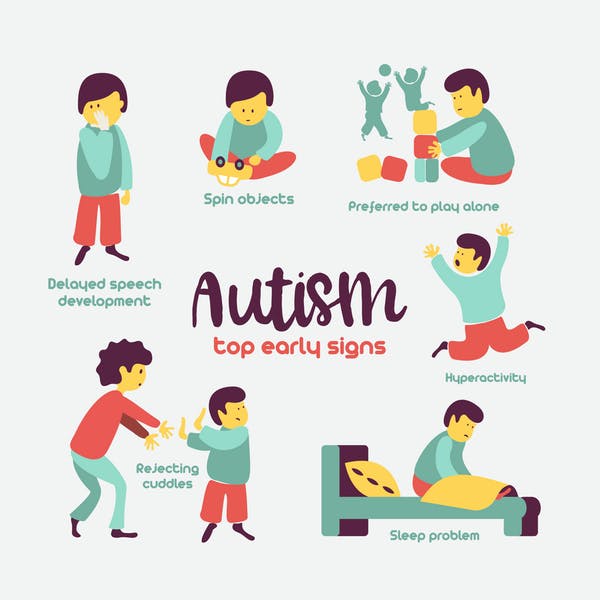Researchers have long recognized that positive family-school relationships improve a child’s chance for success at school. This is especially true for special education, where chronic underfunding and IEP negotiations can add stress to the dialog.
Robert Naseef, PhD, a Philadelphia psychologist and school consultant, says mutual respect is at the foundation of a positive relationship. “It is recognizing the expertise that professionals bring and the expert knowledge parents bring,” he says. . “True partnership occurs when that knowledge is brought together.” Here are ways you can foster a positive school relationship.
Communicate Effectively
For John Keeley, Head of School for Orchard Friends School in Riverton, NJ, respectful communication is reflected in demeanor, how someone sits, how they speak. “It is all the things we talk about with our own children—civil manner, courtesy.” Keeley also explains how some parents will call in advance of an IEP meeting and let them know of issues they want to discuss. “It’s a sign of respect,” he says.
“Use ‘we’ statements and when disagreements occur, use open-ended questions,” suggests educational psychologist Susan M. Sheridan, PhD. “Rather than saying, ‘I don’t think that goal is right,’ try saying, ‘What have you observed that led you to create that goal?’”
Anna DiLauro of Haddon Heights, NJ, has a son with an autism spectrum disorder. When a disagreement with the school occurred, “We kept focusing on the data and the facts,” she says. “We kept it objective and said this is what’s going on, how can we fix this? We called a meeting, sat around the table and had a reasonable conversation.”
Trust
Patricia Mueller, a special education supervisor for the Central Bucks School District in PA, urges parents to “come into the relationship more trusting and take it as an assumption that we want to do our job and that we care.”
“You have to trust that (educators) have gone through the schooling and that they know what they are doing,” says Karen Marsh of Middleton, DE, parent of a daughter with Down syndrome. But she also starts the school year by sharing an All About Me booklet with facts about her child and that also adresses myths associated with Down Syndrome. “I don’t assume they know my daughter or all about Down syndrome,” she explains.
Be Involved
Opportunities for involvement exist at multiple levels. Keeley encourages parents to get involved in the parent association or by volunteering at the school. “By being involved you are part of the process,” he says.
Mueller speaks to the day to day involvement. “Everyone has a role,” she says. “When parents are doing what they should be doing as parents, then teachers can concentrate on the best way to instruct the child.”
“It is this notion of shared responsibility, shared ownership, and mutual direction,” says Sheridan. “Feeling like you can rely on one another to follow through on roles and responsibilities that each has.”
For DiLauro, being involved helped her understand her son’s preschool program better. “I was amazed at what he was doing,” she says. “Had I not gone in, I wouldn’t have known.” Marsh likes the added benefit of “getting little updates.”
In the end, the child benefits the most. “Children thrive when there is continuity across systems,” says Sheridan.
Jo Rizzo is a local freelance writer.






